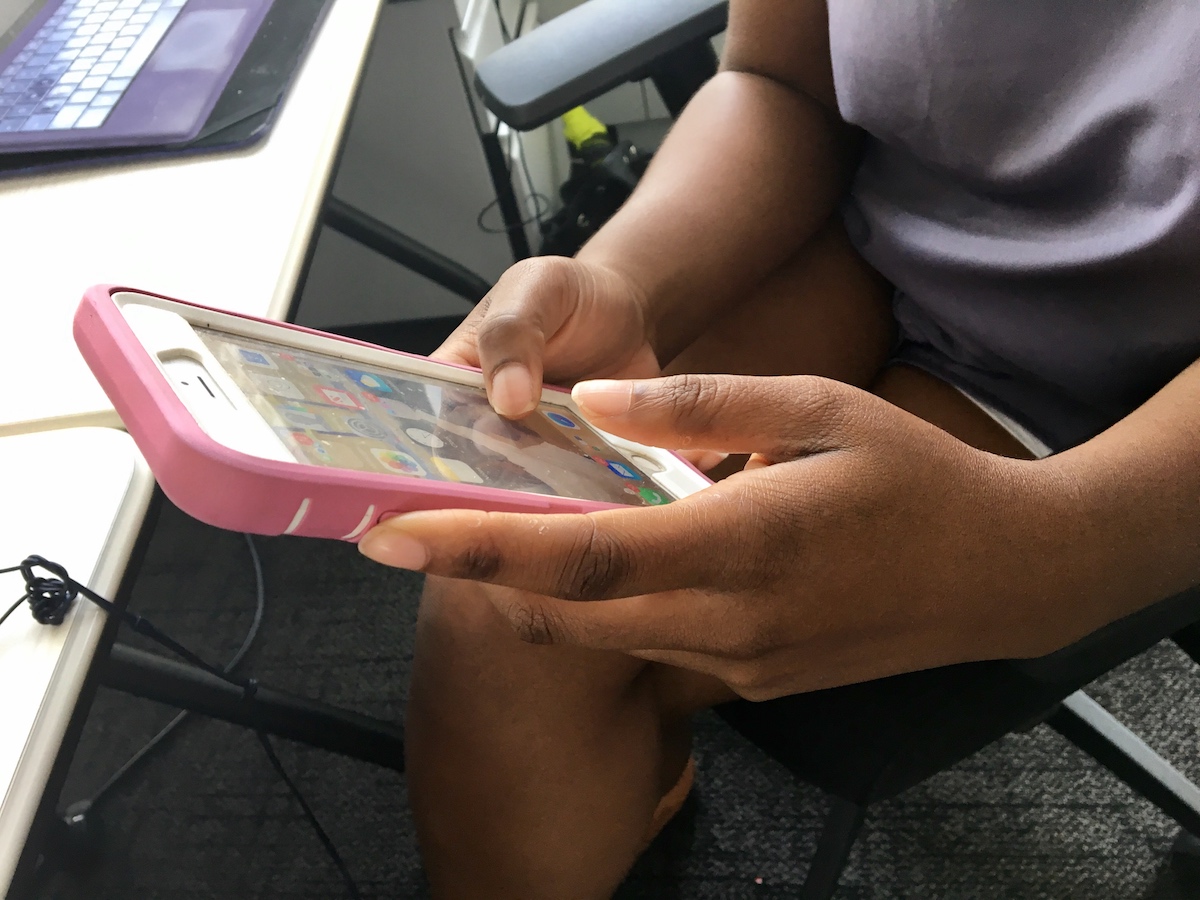Like many cities across the country, Philadelphia suffers from abysmal voter turnout in most elections.
In May 2018, less than 17% of registered voters made it to the polls in Philadelphia. In the 2013 general election, it was even worse, with only 11.4% of population in the city actually casting a ballot. As a city we need to think about voter turnout and the impacts that it has on our democracy and the leaders we are putting in power.
How does poor voter turnout impact our democracy?
First, a lack of participation tends to favor incumbents, who can win election after election without attracting a viable challenger or being held accountable to voters. Second, where few people participate, the voters that do turn out tend to have more strongly held views (either right or left) than the average voter, which can lead to more extreme policy positions by officeholders, and more radical policy outcomes for citizens.
Finally, and most importantly, a lack of participation undermines government legitimacy. When only a tiny percentage of the populace decide who makes the laws, the remaining majority are unlikely to be satisfied, and such an outcome usually breeds more disengagement, not less.
Generally speaking, people don’t vote because voting is costly, not easy for citizens to participate in, and we know they are not secure. In Philadelphia, that is quite literally true, because first responders and other folks with long commutes within the city have to choose between going to work and casting a ballot. How do you make the case for community members to opt in to vote in a snooze of an election over earning a day’s wage (or even an hour’s wage)?
Apart from the money voting takes out of some people’s pocket, the opportunity costs of voting are exceedingly high. Because Pennsylvania also lacks early voting, Philadelphians must balancing any number of things they have to get done on Election Day against going to the polls (exercise, finding childcare, etc.). And that’s before factoring in weather, wait times, hacking and access to the polling place. Essentially, we are asking our community to not participate in our democratic right to vote.
Voting needs to be cheaper and more accessible to everyone through a more secure solution. The only way to boost turnout dramatically, other than putting the same politicians on the ballot for the next 50 years, is to dramatically reduce the barriers for citizens to participate in an election.
That’s why Philadelphians should be talking about mobile voting.
Mobile voting is a solution that is not only secured through blockchain technology, but has been successfully implemented in West Virginia’s general election in November 2018, and being used in Denver’s upcoming municipal election in May 2019 for deployed military overseas. We know that the majority of citizens have a mobile phone that they use on a daily basis to move money, buy goods and share our lives so to imagine a world where we can’t vote on our phone seems impractical.
Security will continue to play a key role in discussion when it comes to voting, and we know that our current system is flawed and prone to hacking. As a community, a city and nation we must look to new innovative technologies that are consistently improving our very lives and making our basic rights more accessible. Mobile voting will continue to be tested and audited by third party nonpartisan cybersecurity experts, and can continue to evolve — unlike the system we have in place today.
Before you go...
Please consider supporting Technical.ly to keep our independent journalism strong. Unlike most business-focused media outlets, we don’t have a paywall. Instead, we count on your personal and organizational support.
3 ways to support our work:- Contribute to the Journalism Fund. Charitable giving ensures our information remains free and accessible for residents to discover workforce programs and entrepreneurship pathways. This includes philanthropic grants and individual tax-deductible donations from readers like you.
- Use our Preferred Partners. Our directory of vetted providers offers high-quality recommendations for services our readers need, and each referral supports our journalism.
- Use our services. If you need entrepreneurs and tech leaders to buy your services, are seeking technologists to hire or want more professionals to know about your ecosystem, Technical.ly has the biggest and most engaged audience in the mid-Atlantic. We help companies tell their stories and answer big questions to meet and serve our community.
Join our growing Slack community
Join 5,000 tech professionals and entrepreneurs in our community Slack today!

The person charged in the UnitedHealthcare CEO shooting had a ton of tech connections

From rejection to innovation: How I built a tool to beat AI hiring algorithms at their own game

How a laid-off AI enthusiast pivoted to become a founder — while holding down a day job


